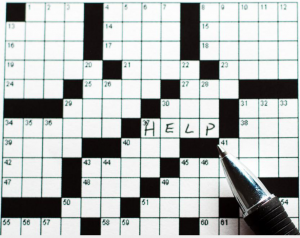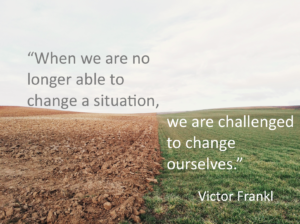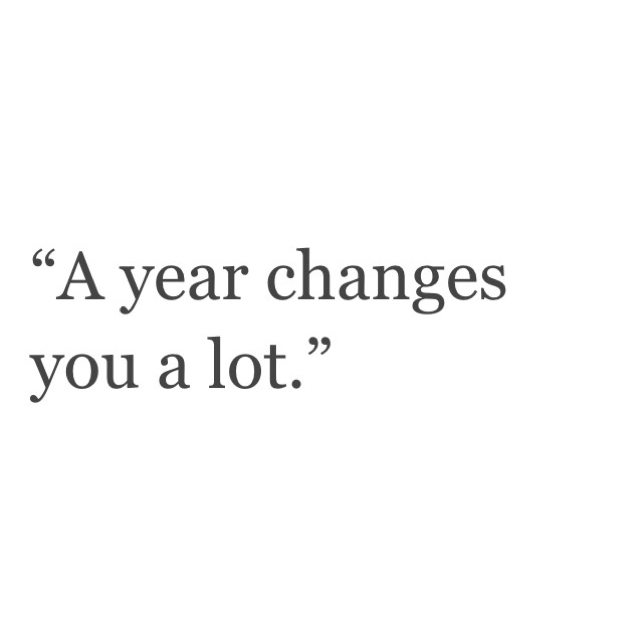Stop Saying, “This happened for a reason.” A De-Bunking of Christian Narratives on Death
Ok, so I am going to get slightly religious in this post – it’s a necessity in this case and it’s no big deal. I try to remain neutral in my writing but I feel this topic calls for a bit of background and religious context. Here goes …
 I am fluent in “Christian-ese”. After 25 years of growing up in a church with an evangelical background I can tell you with fair confidence that Christians are like everyone else when it comes to control – they need it. One of the crazier things I hear said about death (particularly the deaths that make no sense) is straight out of the Sunday morning lingo – “Everything happens for a reason.”
I am fluent in “Christian-ese”. After 25 years of growing up in a church with an evangelical background I can tell you with fair confidence that Christians are like everyone else when it comes to control – they need it. One of the crazier things I hear said about death (particularly the deaths that make no sense) is straight out of the Sunday morning lingo – “Everything happens for a reason.”
If we have a reason, we have control. I recently read in Dr. Hoy’s latest edition of GriefPerspectives, about our need to “make sense out of the nonsensical.” We share an innate compulsion for purpose, reason, an ever ready answer to the question “why?”.
“How could this have happened?”
“What possible reason could there be in taking my baby from me?”
“Why did cancer have to take my wife?”
“Why was the driver of that car going so fast?”
“Why would God allow this to happen?”
When we answer these questions with “Well, this happened for a reason,” there are 2 prominent interpretations,
- Someone is to blame for the death, possibly you did something wrong or the deceased. I’ve heard people discuss sin as a cause of death, as if God uses death as a form of punishment for wrongs against Him.
- That God would inflict this immense pain upon us with for our own good. It’s like saying, “You don’t know it now, but you’re better off as a young widow, a childless parent, a new orphan. You’ll be glad that this happened.”
Here’s the truth, neither of these are true. There aren’t answers most of the time, at least not the kind that are satisfying. We want to know why death is allowed to take the most wonderful people right in the middle of an amazing and valuable life. Why the high school senior 2 weeks away from graduating is killed by a drunk driver. Why the woman desperate to be a mom cannot carry a pregnancy. Why?
Well, there’s a reason. (Roll your eyes with me, or, more accurately, cringe.)
I want to postulate the unpleasant and unpopular idea that there is random and terrible evil in the world. That accidents happen, that there are sometimes only victims, that diseases are arbitrary selectors of bodies, and that we have very little control.
After my first year of working at the mortuary I questioned a tremendous amount of what I believed about God – I thought there were reasons for things, that He wasn’t going to let bad things happen to His good followers, I didn’t know that children died then or that women the same age as my mom could drop dead. I watched the drama of life play out in front of me from my front desk. I learned that death was not picky, that God wasn’t killing people he didn’t like, nor was He inflicting punishment; death is random but certain, it comes to all of us and that’s the answer.
 But in the space after the death, not the immediate space, but in the years following, that’s when the opportunities arise for us to begin to ascribe meaning and purpose to the pain of our loss. And this is different than their being “a reason” for the death; making a meaning entails an intentional creation of a legacy, a living memorial within our own lives that testifies to our strength, resilience, and transformation as a person for having gone through loss.
But in the space after the death, not the immediate space, but in the years following, that’s when the opportunities arise for us to begin to ascribe meaning and purpose to the pain of our loss. And this is different than their being “a reason” for the death; making a meaning entails an intentional creation of a legacy, a living memorial within our own lives that testifies to our strength, resilience, and transformation as a person for having gone through loss.
I believe when we experience a death there is devastation – we aren’t always able to “praise God” or feel “at peace” as we walk through grief. I think the idea that you should even feel those things when your whole life has changed is a little crazy. God may bring peace and comfort, but there’s nothing wrong with feeling sorrow, misery, and the entirety of your loss. That is what grief is and it’s normal and what you need to feel.
But in the years after a death, I have hope that most people can look back on their lives since then and say, “Wow, I made it through that. I’m so much stronger than I ever thought, than I ever wanted to be. But I’ve made it this far and I’ve changed, too. I’m doing ok, and I’m more compassionate towards others who have been through losses. I’ve learned from this and become a better version of myself.”
That’s the only way we can find meaning, the only way there is positivity to be found in death. So don’t hasten down the road searching for immediate controls or reasons, settle into what life throws at you and resolve, as best you can, to live a life enhanced and deepened by a death experience.



